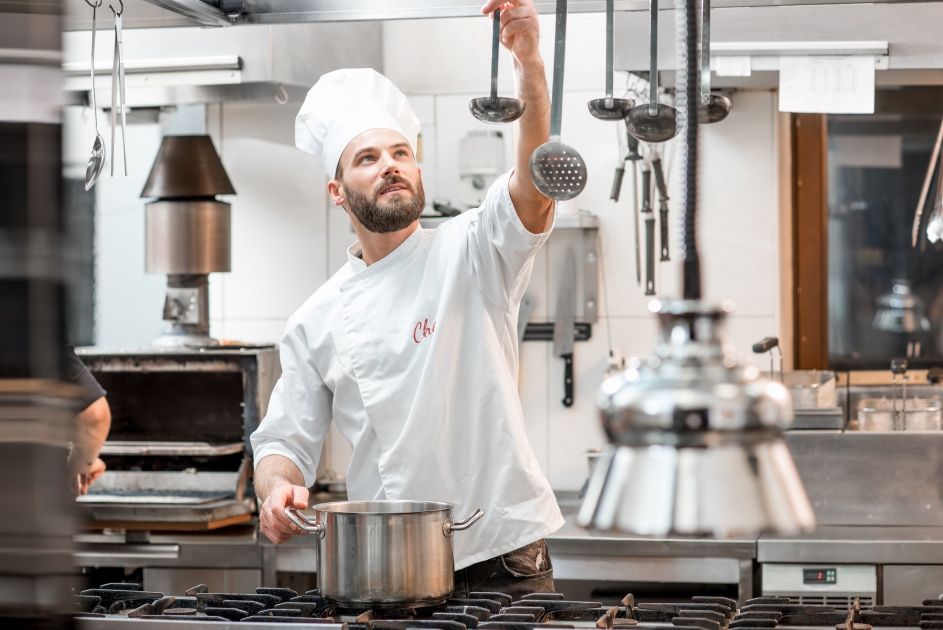
Delivering the Future: Shared Commercial Kitchens to Play Enabling Role in Gulf’s Food Service Sector Growth
Commercial kitchens are being hailed as the future for the Middle East and Africa’s expanding food service sector, which Euromonitor International predicts will grow by 2.7 per cent in value over the next five years.
Seen as a vibrant solution to controlling costs, facilitating start-up operations and giving ease-of-access to targeted consumer delivery locations, commercial kitchens and shared kitchen concepts are spurring interest in the second GulfHost - the complete hospitality equipment sourcing expo for the Middle East, Africa and Asia - which runs at Dubai World Trade Centre (DWTC) from October 30-November 1.
With a recent KPMG report revealing that three in four UAE residents order takeaway food at least once a week, commercial kitchens are playing an increasingly important role in restaurant operators’ relentless quest to align demand for deliveries with limited in-restaurant resources.
“Many restauranteurs operating in populated areas and built-up locations simply do not have the bandwidth to accommodate the sheer volume of delivery orders during peak dining hours. In this respect, commercial kitchens offer a viable alternative to meet consumer demand without placing an unrealistic operational burden on restaurant kitchen teams,” said Emma Banks, Managing Director, JRG Dubai, which launched a commercial kitchen for its flagship The Noodle House brand in 2017.
“Our customised commercial kitchen for The Noodle House in Dubai Land only manages proximity-based delivery orders in its immediate geographical area. This increases our collective business ability to reach residential communities far away from our restaurants quickly and with fresher food, while also ensuring our physical outlets can concentrate on serving in-restaurant customers. As we expand our commercial kitchen footprint, trade shows such as GulfHost provide a platform to source the latest food service equipment to optimise the performance of these facilities.”
While JRG Dubai operates its own commercial kitchen for The Noodle House, other industry players are launching similar initiatives. Deliveroo, the online food delivery company, has already expanded its UAE operations by introducing its first commercial kitchen concept in Dubai, while Kitchen Nation, a culinary incubator concept based in Dubai’s Jumeirah Lake Towers district, features shared kitchens and a premier chef space. In India the concept is being pioneered by food delivery majors Zomato and Swiggy.
As more and more major restaurant operators and start-up food concepts adopt a commercial or shared kitchen approach to meet delivery orders, GulfHost provides an arena for increased innovation in the growing segment, according to Trixie LohMirmand, Senior Vice President, Exhibitions & Events, DWTC.
“The foodservice sector, much like any other industry segment, is seeking greater shared and technological integration to encourage market innovation and heighten competitiveness in a market which is being heavily driven by online ordering platforms. The sector is undergoing transformation with smart solutions emerging to vastly control costs, spur product innovation and widen ease of entry to start-up foodpreneurs.”



























